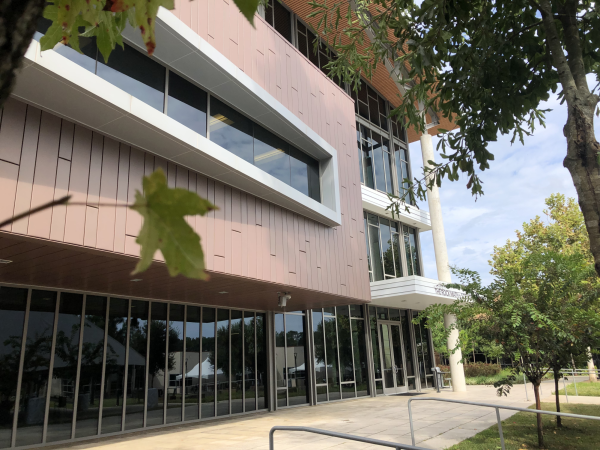What I Learned from My “Lasts”
On January 8th, 2019, I remember congregating with my friends in the middle of an upper school hallway to initiate our final semester of high school. An English teacher recognized our small group outside her door and pointed out to us that this was effectively our last, first day of school. While some of my friends succumbed to a wave of bittersweet nostalgia after receiving this message, I remained unaffected. I already knew what college I was attending and second-semester grades didn’t bear much significance to me, so high school was, in a way, already over. (Just kidding underclassmen. You should still work hard second semester of senior year…or at least try to). In short, I thought I was ready for graduation…until I wasn’t.
As graduation neared, I started encountering a lot of “lasts” – my last homework assignment, my last off-campus lunch, my last assembly, my last yearbook, my last day, my last class, and my last 60 seconds of school. While enduring this uncomfortable sequence of “lasts” leading up to commencement, I began to see new dimensions in an environment I thought I had already mapped out. After finishing my final English reading, for example, I sat for a moment and reflected on all of my past English readings. Random, vivid memories stuck throughout the years. I remembered writing my very first annotations, reading the last few paragraphs of The Great Gatsby, and struggling through some particularly dense Shakespearean passages. I saw how this odd assortment was related in a chronological timeline. I pondered why I remembered these random, seemingly insignificant events. I thought of how peculiar it is that you never know if what you’re doing right now could be a memory imbued in your mind for the rest of your life, serving as an object of comparison that influences future experiences.
When I began to reflect on everything in my school experience, I found the value in things I never thought I’d appreciate, such as shared suffering while preparing for a difficult test with a group of classmates, an unrepeatable experience.
Anyways, now that you’re about 60% of the way through this article, you’re probably wondering what exactly my purpose is for writing this. Well, what all this recent, existential reflection has essentially taught me is that what one experiences now, even the seemingly mundane, has its own unique value. Now, I’m not going to say, “High School is the four best years of your life, so enjoy it,” because that’s probably not true. However, you have a limited amount of time to write this chapter of the narrative you carry with you for the rest of your life, so either acknowledge what’s enjoyable about it or try to make it one that you enjoy.
I know what you’re thinking – “Carpe Diem? Wow Oliver, what an original piece of coming-of-age advice to give high school adolescents!” I get it, it’s an overused proverb. However, I feel it’s so overused it loses its power and people begin to take it with a grain of salt, which is kind of ironic considering the idea that Carpe Diem is meant to convey. So, if you’re an underclassmen reading this, I advise you to genuinely go about seizing the day. Next year, pursue a class or an extracurricular activity you think might be enriching, or plan some activities to spend with the friends you’ve made in this stage of your life. After all, when you reflect on these days some time from now, it won’t really matter that much if you made a few mistakes while pursuing your high school experience. What will matter is that you lived and documented it with an eclectic collection of memories. As cartoonist Bil Keane aptly said, “Today is a gift. That’s why it’s called the present.”






